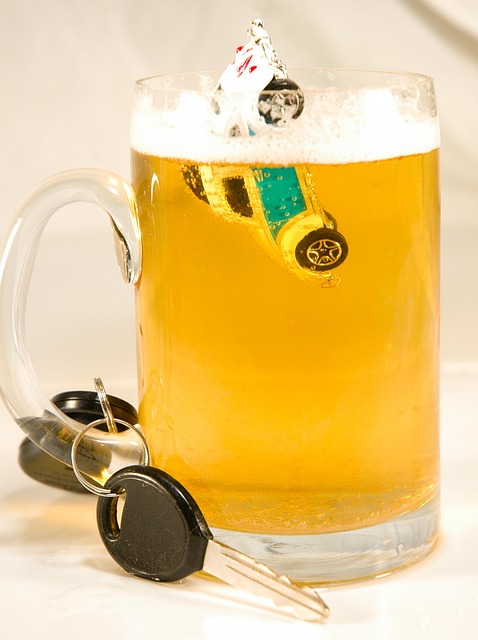Commercial drivers facing DUI charges must consider Alternative Transportation Options to minimize disruption and comply with safety regulations. Demonstrating access to reasonable alternatives can weaken the case and promote a culture of responsible driving within the industry. After arrest, gather evidence, document details, and explore alternative transportation options as part of a strong defense strategy.
“Navigating the complexities of commercial driver DUI charges can be daunting. This article serves as your guide through the intricate landscape of laws and penalties specifically tailored to commercial drivers. We delve into understanding the unique challenges they face, exploring alternative transportation options for enhanced safety on our roads. Additionally, we provide a robust defense strategy for post-arrest scenarios, ensuring commercial drivers are equipped with the knowledge needed to protect their rights.”
- Understanding Commercial Driver DUI Laws and Penalties
- Exploring Alternative Transportation Options for Safety
- Building a Strong Defense Strategy Post-Arrest
Understanding Commercial Driver DUI Laws and Penalties

Commercial driver DUI cases carry significantly stiffer penalties compared to regular DUI charges, given the heightened risks associated with operating large vehicles. Understanding these laws is crucial for commercial drivers and their legal representatives. Key factors include blood alcohol concentration (BAC) limits, which are generally lower for commercial drivers than non-commercial drivers. Violations can result in license suspension, fine, jail time, and potential loss of employment.
An important aspect often overlooked is the requirement to plan for alternative transportation options. Unlike personal vehicles, commercial trucks may not be readily available for immediate removal from service. Therefore, drivers must anticipate and arrange for backup plans during legal proceedings, such as ensuring access to alternative vehicle fleets or ride-sharing services. This proactive measure can significantly mitigate the impact of a DUI charge on a commercial driver’s ability to maintain employment while their case is pending.
Exploring Alternative Transportation Options for Safety

In an effort to promote safety and mitigate risks, commercial drivers facing DUI charges should explore alternative transportation options. Many companies are now encouraging employees to use ride-sharing services or public transportation as a means to maintain a safe workforce. These alternatives not only ensure that essential goods and services continue to be delivered but also uphold the company’s commitment to responsible driving practices.
By embracing alternative transportation methods, commercial drivers can avoid potential legal consequences associated with DUI infractions. This shift can foster a culture of safety within the industry, as it reduces the reliance on impaired individuals behind the wheel. As such, exploring these options is not just a strategic decision but also a proactive step towards maintaining public safety and upholding professional standards.
Building a Strong Defense Strategy Post-Arrest

After a Commercial Driver DUI arrest, building a strong defense strategy is paramount. The first step involves gathering evidence and documenting every detail from the stop to the arrest. This includes requesting copies of all police reports, field sobriety test results, and breathalyzer readings. Additionally, reviewing the officer’s justification for the stop and subsequent actions can uncover potential procedural errors that weaken the case.
One key aspect in crafting a robust defense is exploring alternative transportation options. Given the unique circumstances surrounding commercial driving, showing that reasonable alternative transportation was available—such as company vehicles or public transit—can significantly enhance the defense. This strategy not only addresses the reliability of the driver’s decision-making but also demonstrates an effort to comply with safety regulations while refraining from impaired driving.
For commercial drivers facing DUI charges, understanding the unique legal landscape is paramount. This article has navigated essential aspects, from comprehending stringent regulations and potential penalties to exploring strategies for post-arrest defense. Moreover, it emphasized the significance of considering Alternative Transportation Options as a proactive safety measure. By integrating these insights, drivers can navigate their legal challenges effectively while promoting safer transportation practices on our roads.






